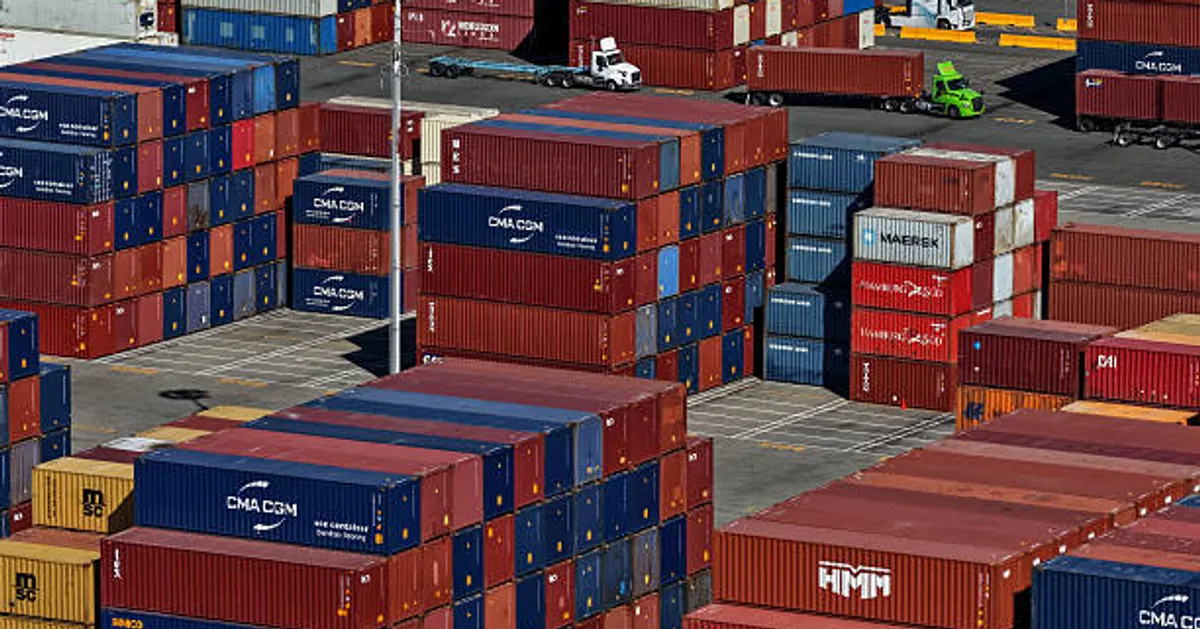
Trump Escalates U.S.–China Trade Tensions with Threat of 100% Tariffs

GeokHub
Contributing Writer
President Donald Trump has declared that the United States will impose a 100 percent tariff on Chinese imports starting November 1, in direct retaliation for China’s recent restrictions on rare-earth exports. He also announced plans to introduce export controls on all critical U.S. software, signaling a major escalation in the trade standoff between the world’s two largest economies.
Trump framed the move as a response to what he described as “hostile” trade practices by Beijing, stating that China’s export curbs on metals and minerals essential to technology sectors were unacceptable. He warned that the timing of the tariff imposition could be adjusted depending on China’s actions, leaving the door open for further pressure.
The reaction was swift and negative in global markets. U.S. stock indexes fell sharply, with the S&P 500 dropping about 2.7 percent, marking one of its worst daily performances in months. The sell-off reflected investor fears of a renewed trade war, supply chain disruptions, and heightened geopolitical risk.
Trade analysts say Trump’s move may provoke retaliation from China, potentially targeting U.S. exports or access to key markets. Some fear this could spiral into a broader conflict affecting industries from semiconductors to electric vehicles.
Critics argue that doubling tariffs could amplify inflationary pressures in the U.S. by raising input costs for manufacturers and passing burdens to consumers. Others caution that aggressive trade tactics may erode trust and complicate efforts to negotiate a de-escalation.
Still, supporters of the policy view it as Trump doubling down on his “America First” agenda—prioritizing U.S. competitiveness, protecting domestic industries, and confronting what they regard as unfair trade practices.


























